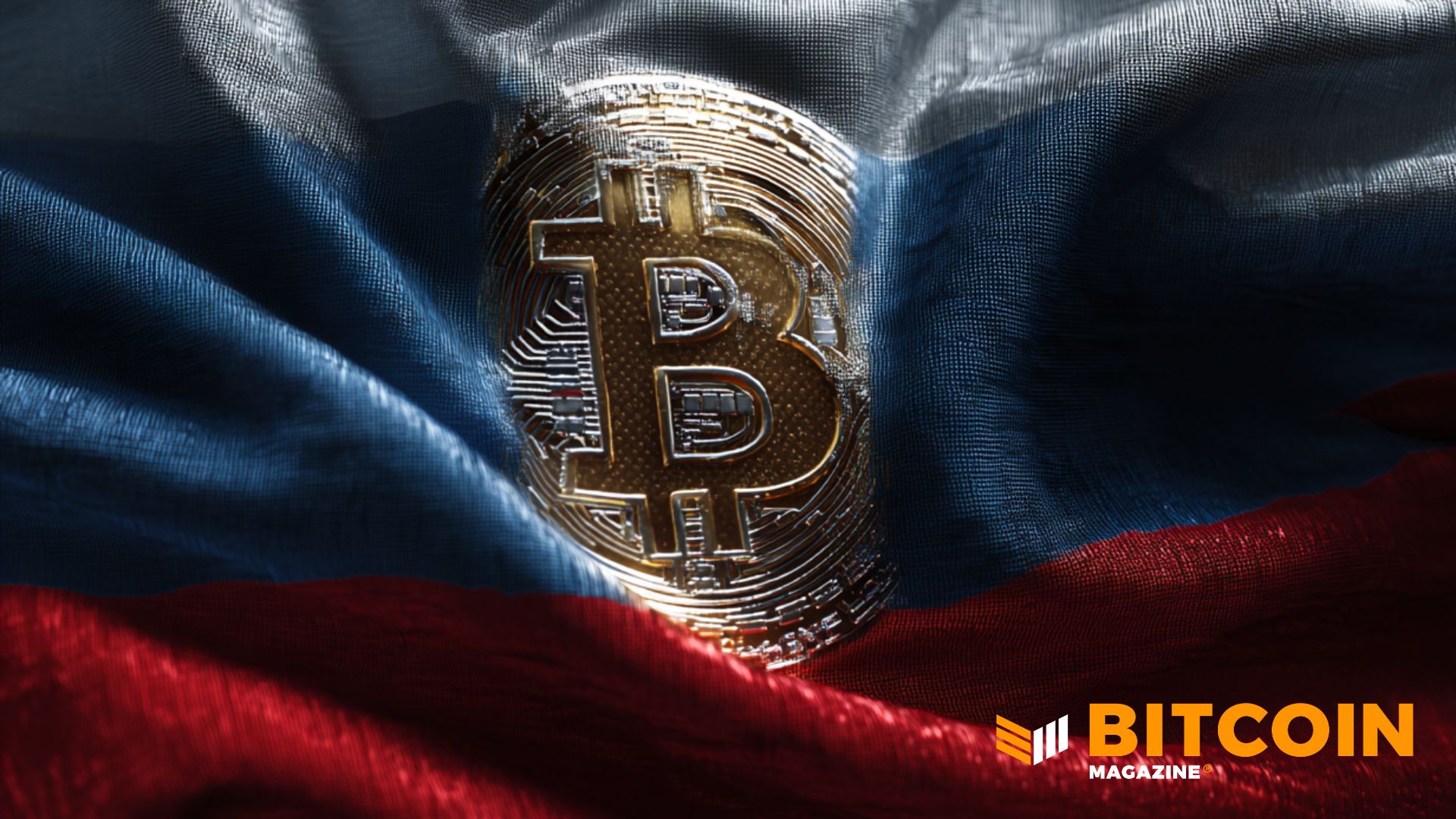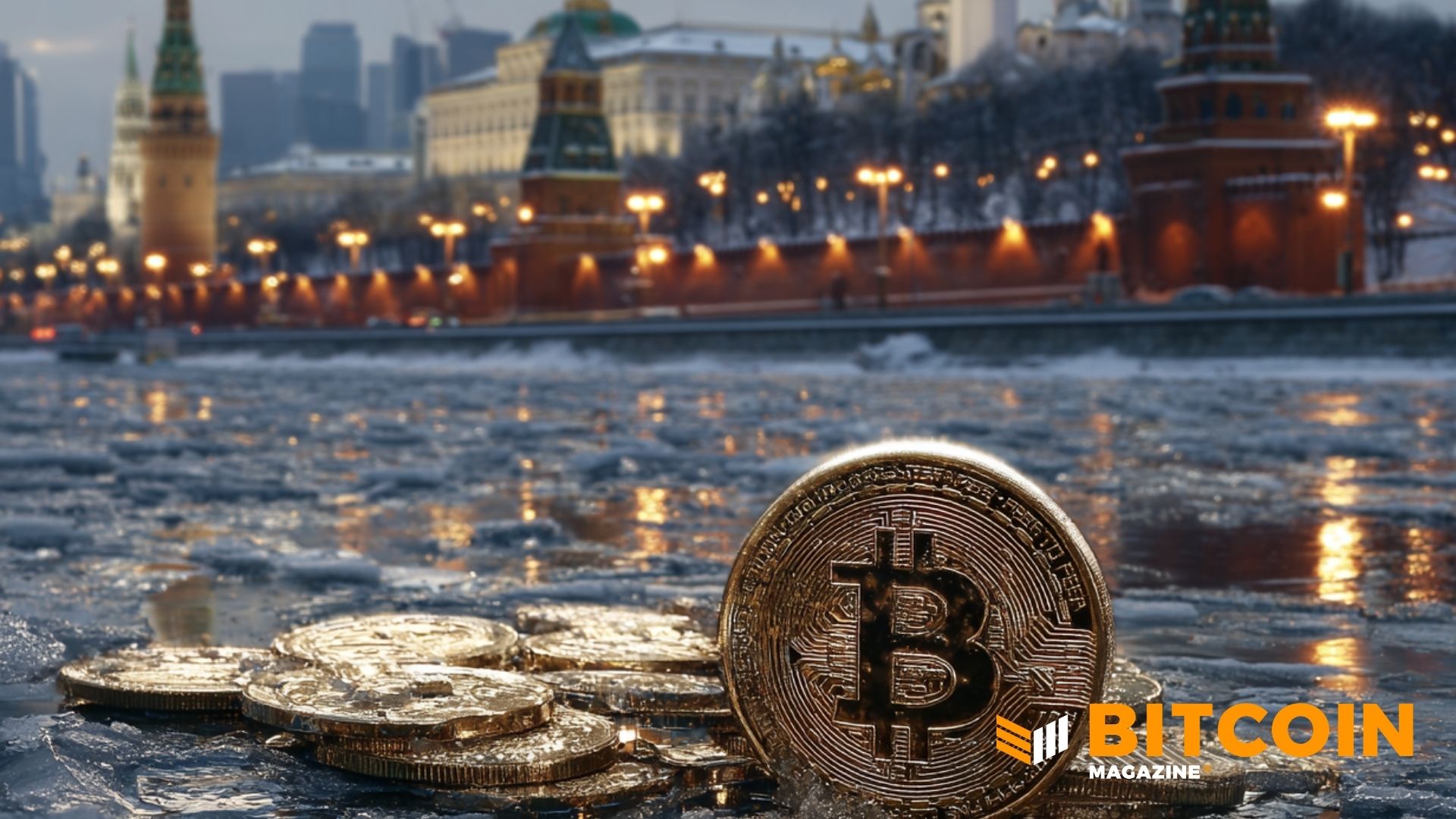2020-10-16 15:26 |
Russia approaches a critical milestone regarding the regulation of cryptocurrencies and digital assets. Some of the essential documents have been accepted, and the new rules will start taking place from 2021. Unfortunately, this means a bleak future for the country’s crypto community.
According to the latest updates from the central bank, crypto investors will face severe restrictions on the amount of crypto they can purchase and how they can use it. The government officials don’t want citizens to be involved in crypto, stating that it’s mostly used for illicit activities.
Meanwhile, Russia is considering the launch of its digital ruble to enter the currency race. Hence, the country’s regulatory landscape is expected to favor the national digital currency instead of crypto.
The Government’s Position Is Still Not Clear EnoughThe Russian government spent around 2.5 years figuring out how it would treat cryptocurrencies before Vladimir Putin finally signed the bill on Digital financial assets (DFAs) in July 2020.
Despite spending considerable time on the development of the bill, it turned out to be half-baked.
There’s little clarity in regards to what should be considered as a digital asset, for example. Some definitions fall outside of conventions, and some statements contradict with other regulatory acts. Lawyers, who analyzed the bill, claim that the government’s still somewhat undecided on its policy towards crypto and digital assets.
Still, the government doesn’t see crypto as an alternative to state money. Russians won’t be allowed to spend crypto on goods and services, which considerably limits its use cases and hurts miners.
The latest amendments to the bill were published on Oct. 13, 2020. The most important takeaway is that unqualified Russian investors will have limits on their crypto purchases.
Russia Killing a Vibrant Crypto MarketThe amended bill sets a threshold of 600,000 rubles ($7,650.48) a year for investing in digital financial assets. Moreover, anyone receiving DFAs for 100,000 rubles ($1,275.08) or higher is obliged to inform authorities about their holdings and report transactions.
What makes matters worse, DFAs aren’t limited by cryptocurrencies. Hence, investors will likely have other assets, which fall under this category and effectively diminish the amount of crypto one can buy.
Failure to follow the guidelines will result in fines and, in some cases, imprisonment for up to seven years.
The lawyers’ were confused by the amendment. The practice of absolute threshold is novel even for the Russian legislation, which introduces uncertainty. For instance, it’s unclear what an investor should do if their assets’ prices jump and their holdings exceed the 600,000 ruble ($7,650.48) barrier.
Nevertheless, the new rules will cause the contraction of one of the most active markets in the crypto space.
Russia’s volumes on the popular fiat-to-crypto exchange, LocalBitcoins, are steady and relatively high. Just on LocalBitcoins, Russians buy half a billion rubles of BTC weekly. Meanwhile, Binance has a dedicated community management team for Russian customers because its crypto community is so large.
Weekly LocalBitcoins volume (Russian Ruble). Source: CoinDanceOnce citizens have limits on purchases, however, their activity will take a nosedive.
Moreover, Russian crypto traders and investors have already suffered from blacklisting of the aforementioned LocalBitcoins and Binance. Although the two events are seemingly unrelated, the trend for banning popular crypto resources is alarming.
Anatoly Aksakov, the person behind the DFA bill, considers that the primary use case for cryptocurrencies is illicit activities. Consequently, he thinks that there’s no point in the legalization of crypto, as it would further encourage unlawful actions. In regards to mining, Aksakov stated that it would die even without state restrictions.
Notably, the bill’s first draft, which appeared in May 2020, aimed to blanket ban cryptocurrencies. However, it was considered too harsh and got rejected.
Russia Enters the Digital Currency RaceWhile disincentivizing the use of crypto, the Russian government wants to promote its digital ruble.
Although the central bank didn’t see the benefits of having a national digital currency in 2019, the recent developments in countries like China have forced Russia to adjust. On Oct. 13, the central bank released a consultation paper, and the plan is to launch the currency in the second half of 2021.
One of the advantages of the new currency is named to be the central bank’s control. The institution will be the only issuer of the digital ruble, which should increase trust and simplify some interbank operations.
The digital ruble will offer bank card convenience and the government’s reliability for the country’s citizens. The continuous rate-cutting makes bank deposits less attractive by the day, while banks’ risks of going bankrupt remain. A digital ruble could solve the savings problem.
On the other hand, it will allow for more state surveillance, which comes with its own disadvantages.
The introduction of the digital ruble may create opportunities for Russia if the new currency is used in global trade. While government officials claim that the digital ruble will facilitate the country’s business development, it wouldn’t be enough to support the weakening ruble.
RUB/USD trading pair. Source: TradingViewRussia’s major problem is not the inefficiency of payments; large banks like Sberbank and VTB have solved it long ago. Instead, the country suffers from more significant issues like the weak real sector, dependence on commodities like oil and gas, rate cuts, and sanctions.
Restricting access to crypto to push the digital ruble won’t fix any of these problems and will harm the vibrant Russian crypto market.
A Glimpse Into The FutureThe Russian crypto community faces tough times. The government feels the competitive pressure from decentralized and central bank digital currencies. Hence, it wants to keep control, which creates unfavorable conditions for crypto investors and traders.
If no significant changes are introduced, the Russian crypto market will contract, and some money would most likely leave the country. Miners and unqualified investors will have to adapt to the new realities, change their legal statuses, or relocate.
All in all, the state doesn’t like crypto, and it’s nothing new. Still, the innovation will find its way forward despite the restrictions as it always did.
origin »Bitcoin price in Telegram @btc_price_every_hour
Bitcoin (BTC) íà Currencies.ru
|
|

